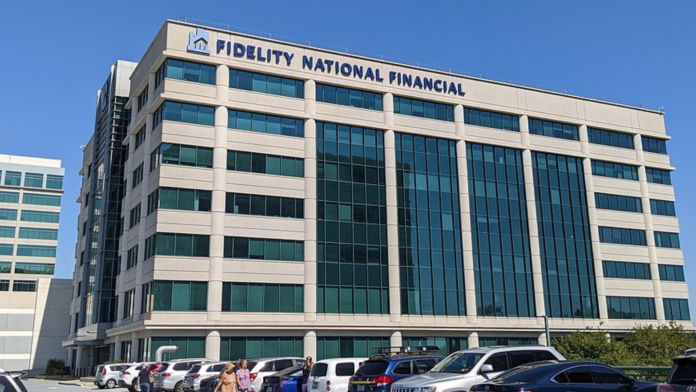Fidelity National Financial, a powerhouse in the real estate services sector, recently faced a daunting cybersecurity challenge. In November, a sophisticated cyberattack disrupted the company’s operations and led to the unauthorized access and theft of data belonging to 1.3 million customers. This breach is a stark reminder of the escalating cyber threats facing the real estate industry and the critical importance of robust digital defenses.
In a recent disclosure to federal regulators, Fidelity National Financial (FNF) revealed the extent of the incident: an unauthorized third party infiltrated its systems, deploying non-self-replicating malware and exfiltrating sensitive customer data. While the specific nature of the stolen data remains undisclosed, the company’s offer of credit monitoring and identity theft services to affected customers suggests that personal and sensitive information was compromised.
This cyberattack had immediate and widespread repercussions. FNF experienced a week-long system outage that paralyzed operations, affecting not only the company but also its numerous subsidiaries. The impact was profound—customers were unable to process mortgage payments, and one subsidiary referred to the situation as a “catastrophe” in an automated message to its clients.
The notorious ransomware gang ALPHV, also known as BlackCat, claimed responsibility for the attack. This group is known for using dark web sites to extort their victims, demanding payment in exchange for not releasing or deleting stolen data. In a typical pattern for such groups, ALPHV removed FNF from its site, a move often indicative of a ransom payment, though this has not been confirmed by FNF.
The FNF incident is part of a troubling trend of cyberattacks targeting the mortgage and loan industry. Other recent victims include LoanDepot and Mr. Cooper, highlighting a growing concern for cybersecurity in this sector. These attacks underscore the necessity for companies to fortify their digital infrastructure and prepare for the possibility of cyber incursions.
In response to the breach, FNF took immediate action to contain the attack and has since been working diligently to strengthen its cybersecurity measures. The company’s proactive approach in notifying affected customers and regulatory bodies, and providing identity protection services, demonstrates its commitment to customer security and transparency.
The Fidelity National Financial data breach serves as a powerful case study in the ever-evolving landscape of cyber threats. It highlights the critical need for robust security protocols and emergency response strategies within the real estate and financial sectors. As companies navigate this challenging digital terrain, the lessons learned from incidents like the FNF breach will be invaluable in shaping more resilient and secure business practices.
In conclusion, the Fidelity National Financial data breach is a stark reminder of the vulnerabilities inherent in our increasingly digital world. It underscores the importance of continuous vigilance, robust cybersecurity measures, and a proactive approach to protecting sensitive customer data. As the real estate industry continues to digitize, safeguarding against such threats will be paramount in maintaining customer trust and ensuring the integrity of financial transactions.












